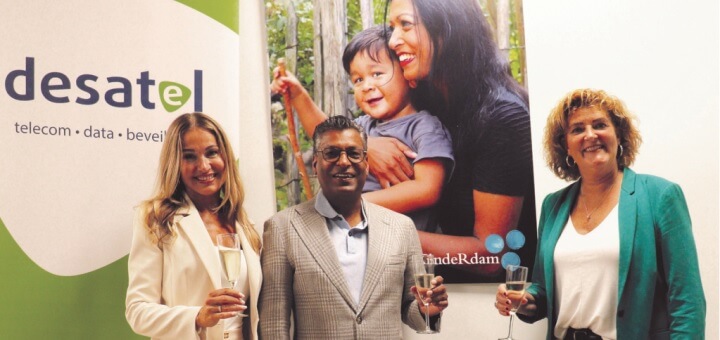Zuul, an open source CI/CD platform specializing in multi-system gating, has released version 3 and become an independent project hosted at the OpenStack Foundation (OSF).
Zuul originally was developed for OpenStack CI testing and has since attracted contributors and users across many different organisations, including BMW, GoDaddy, OpenLab and Wikimedia. Zuul is the third project to be managed by the OSF, joining OpenStack and Kata Containers.
Since 2012, Zuul has been proven at scale as a critical part of the OpenStack development process. As more users and use cases emerged, the team has been decoupling Zuul from OpenStack-specific systems. WIth V3, Zuul has completed that process, while adding support for a broader range of use cases and development platforms, including GitHub, with the help of contributors including individuals from BMW, GitHub, GoDaddy, Huawei, Red Hat and SUSE.
User Case Studies Published Today
Here are excerpts from Zuul user case studies published today on Superuser:
BMW: Tobias Henkel, software engineer: ³The wide adoption of CI/CD in our software projects is the foundation to deliver high-quality software in time by automating every integral part of the development cycle from simple commit checks to full release processes. Our CI/CD development team at BMW is proud to be part of the Zuul community and will continue to be active contributors of the Zuul OSS project. We would like to thank all Zuul developers and maintainers for their great work.²
GoDaddy: Clint Byrum, senior cloud software engineer: ³The community that built Zuul was probably the first feature [that drew GoDaddy to Zuul]. We have a very large OpenStack installation at GoDaddy, and a few of us have been using Zuul since its very early days as OpenStack developers. This experience has always been pleasant, and the folks in charge of it are extremely responsive and welcoming. Beyond that, cross-repo gating allows us to keep our concerns separate, and build CI/CD pipelines out of a combination of upstream free/open software, such as OpenStack, in concert with our more custom GoDaddy-specific integrations.²
OpenLab: Melvin Hillsman, open source community operations manager at Huawei: ³Primarily the benefit we see is the ease of integration with other projects. Along those lines, Zuul is beneficial in general for open source users who utilize Ansible for other problem domains because it allows for a common language/workflow to be utilized both within the CI/CD system and outside it, opening the door for other tools to be more easily integrated.²
This week, Zuul contributors will be joining members of other CI/CD communities, including Jenkins, Spinnaker and TravisCI, at OpenDev, a collaborative event co-located with the OpenStack Summit that features working sessions, demos, shared note-taking and opportunities to carry forward the work in the spirit of open source.
³The latest release of Zuul, version 3, adds features such as GitHub integration and Ansible-based jobs which are designed to facilitate collaboration between teams and realize a world where development, testing, and deployment of applications and their dependencies are one continuous process,² said Jim Blair, principal software engineer with Red Hat and founding member of the Zuul project team.
Meet the Zuul Team at OpenDev CI/CD This Week
Zuul: Testing the Future; Jim Blair, Red Hat
Zuul v3 For Gating; Monty Taylor, Red Hat (Ansible)
Save the Date: OpenStack Summit Berlin, November 13-15, 2018
Register here.










